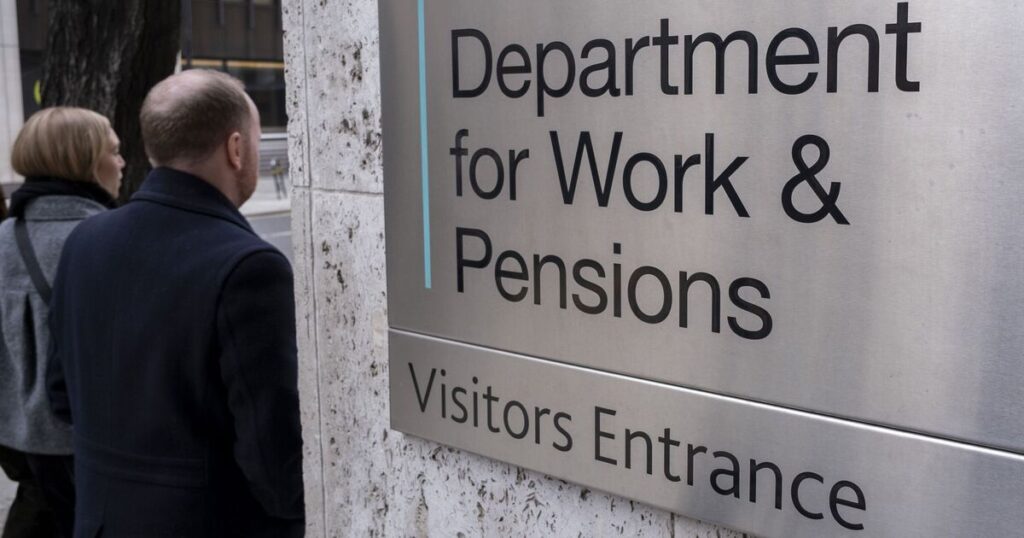
The benefits office underpaid state pensioners by a staggering £450million in the last tax year, new figures show.
The Department for Work and Pensions (DWP) said the largest reason for underpayments stemmed from errors in National Insurance records, particularly missing Home Responsibilities Protection (HRP) credits. HRP, in place from 1978 to 2010, was meant to protect pensions for people with caring responsibilities, but many eligible years were never recorded. Other underpayments involved missing top-up pension components and failures to adjust payments after changes in marital status. These errors meant some didn’t receive inherited entitlements or automatic uplifts based on a spouse’s NI contributions.
The DWP also recorded significant sums of overpayments. According to its latest data, £190million worth of state pension overpayments were made.
It attributed £80million of this to errors made by claimants, and £110million to “official” errors.
Jon Greer, head of retirement policy at Quilter, said: “The latest figures shine a light on the sheer scale and complexity of the state pension system. While the overpayment rate for state pensions remains incredibly low at just 0.1%, that still equates to a staggering £190million of taxpayers’ money being paid incorrectly.
“This serves as a reminder of the difficulty of administering a benefit that supports over 12 million people and costs £142billion a year.”
He noted: “What’s more concerning is the sharp rise in official error. Overpayments due to administrative mistakes by the DWP tripled in value from £20million last year to £110 million, a statistically significant increase driven by miscalculations on the additional components of the state pension.
“These elements, which sit on top of the basic state pension, are prone to error and highlight how even small administrative slips can snowball when dealing with such large sums.”
However, the pension expert pointed out: “Underpayments remain a bigger issue than overpayments, with £450million of state pension payments not reaching the people entitled to them.
“That includes many women who were impacted by historical issues with Home Responsibilities Protection, a now-defunct mechanism designed to protect the pensions of those with caring responsibilities. These legacy issues continue to plague the system despite a correction programme being in place.”
Meanwhile, overpayments of the DWP’s Pension Credit benefit hit a record high of 10.3%, costing the taxpayer £610 million this year.
Fraud accounted for nearly half of that, climbing to its highest level on record at £270million.
Mr Greer said: “Given that Pension Credit is targeted at some of the most financially vulnerable pensioners, the system needs to strike a careful balance between accessibility and fraud prevention, and it appears to be struggling on both fronts. A large share of overpayments stemmed from people failing to declare financial assets or staying overseas for longer than the rules permit, highlighting the difficulty of monitoring eligibility for a means-tested benefit with complex rules.”
While lower in proportion, pension credit underpayments still amounted to £70million, and nearly £7 in every £10 underpaid was due to administrative failings.
Mr Greer said: “These errors mostly relate to additional amounts for severe disability, which are often the lifeline for those on the lowest incomes.”
He added: “These figures underscore the importance of proactive communication from the DWP and HMRC, particularly for people with complex entitlements. Given how vital these benefits are in old age, there’s little room for error.”
 Latest World Breaking News Online News Portal
Latest World Breaking News Online News Portal






